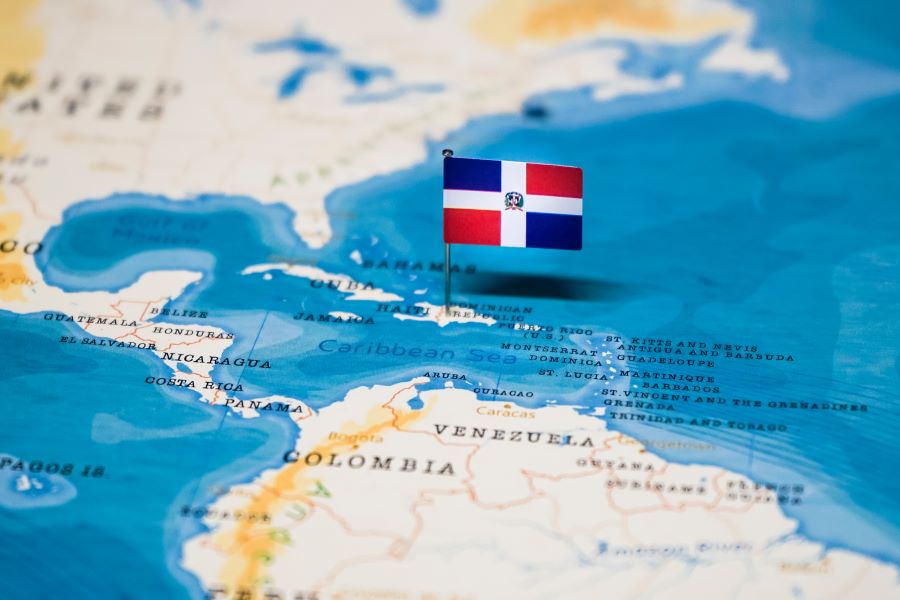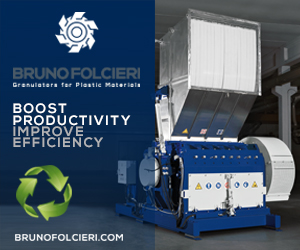
Pedro José Cabrera Haché hopes the line will give his company, Cilpen Global, a greater presence in the Dominican Republic. | Hyoto Graphics/Shutterstock
The installation of the first PET wash line in the Dominican Republic will allow a local reclaimer to process a sizable percentage of all bottle scrap generated in the country into food-grade flake.
Pedro José Cabrera Haché, co-founder and president of Cilpen Global, signed a deal to buy the PET wash line from STF Group of Germany and Zimmer America Corp. (doing business as STF America) while he was attending the 2023 Plastics Recycling Conference near Washington, D.C.
In an interview, he said the line will be able to process roughly one-quarter of all the PET bottles imported by the Caribbean country, a popular tourist destination that shares the island of Hispaniola with Haiti.
“With this project, we’re trying to capture a big portion of the Dominican market,” he said.
Founded six years ago, Cilpen Global exports about 1,000 tons of PET bottle bales per month, making it the Dominican Republic’s largest PET exporter. The company sends bales to the U.S., Central America, Europe and Asia for use in a variety of markets, including new beverage bottles. Cilpen Global operates a materials recovery facility (MRF) and employs about 200 people on three shifts, he said.
Cabrera Haché signed a contract for a wash line with a capacity to produce 2.5 metric tons per hour of hot-washed, food-grade flake, he said. The system includes shredding, sorting, washing and drying equipment – “all the bells and whistles to get high-quality flake,” he said.
According to a press release from STF, the line includes a screening trommel, label scraper, star screen, grinder, and washing, drying and flake separation equipment. It also has a complete water recirculation system.
Before buying the system, Cabrera Haché said, he visited STF systems in three locations in Germany. To finance the equipment, Cilpen Global relied on a combination of self-financing and debt financing, he said, with STF offering favorable payment terms to pay for it over a period of time.
The equipment is slated for installation in June or July of 2024, he said, followed by what will likely be a six-month ramp-up period.
PET recycling capacity is particularly important in the Dominican Republic, which lacks drinkable tap water, forcing people to buy their water in jugs or bottles. At the same time, the country, which has a population of about 10.8 million people, draws huge numbers of tourists – a record 8.5 million in 2022, according to Dominican Today.
According to the release, STF Group has deployed over 150 turnkey recycling plants worldwide. It also has the in-house capacity to recycle 180,000 metric tons of PET per year, making it the largest PET reclaimer in Europe.



